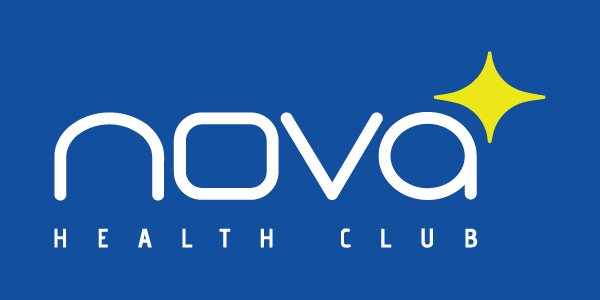Identifying Patterns and Triggers - Food logs can help identify patterns in your eating habits, such as emotional or stress-related eating. Recognizing these patterns can empower you to make positive changes and develop healthier habits.
Accountability - When you have a record of what you eat, you will be more motivated to make healthier choices and stick to your dietary goals.
Portion Control - Food logging encourages portion control as you become more mindful of serving sizes. This can be particularly helpful for weight management and preventing overeating.
Problem Solving - If you face dietary challenges or health issues, keeping a food log can help you and your coach identify potential triggers or areas for improvement.
Calories & Macronutrients - Food logging allows you to track not only calories but the intake of specific nutrients like protein, carbohydrates, fats, vitamins, and minerals. This is beneficial for individuals with specific goals or health concerns.



